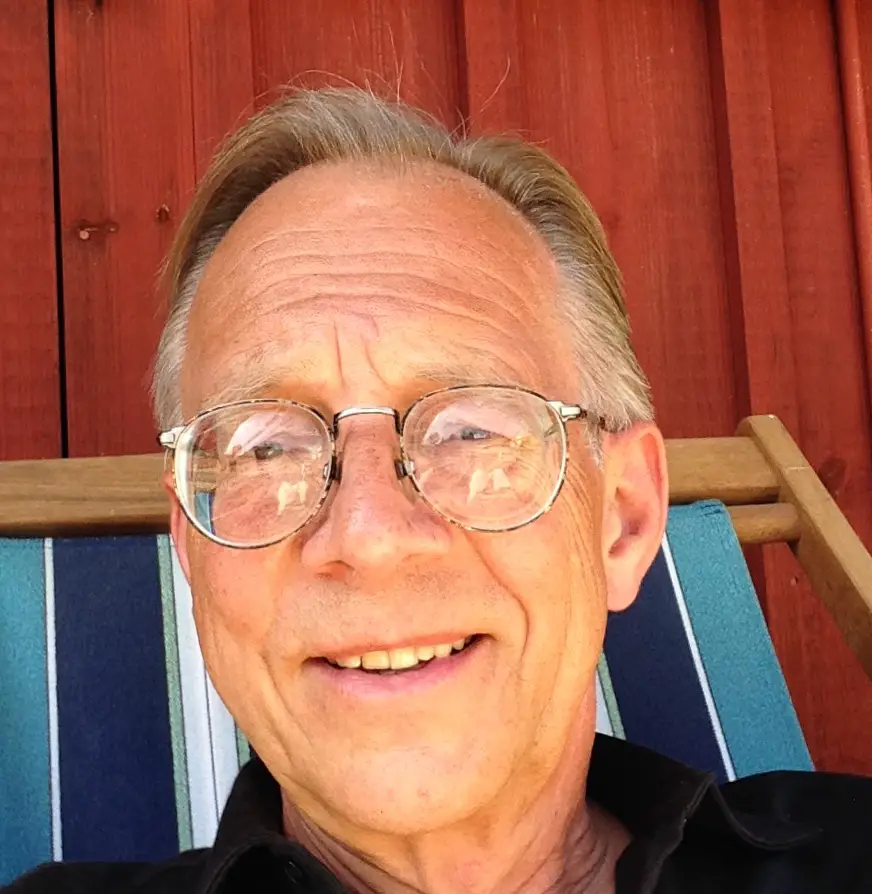
By HANS DUVEFELT

Interviewing celebrities can make you a celebrity yourself, and it can make you very rich. So there’s got to be something to it or it would be a commodity. The world of media certainly recognizes the special skill it takes to get people to reveal their true selves.
At the other end of the spectrum of human communication lies our ability to explain and also our ability to influence. These three aspects of what we do—elicit, explain and influence—are far from trivial, and in my opinion quite fundamental aspects of practicing medicine.
Eliciting an accurate patient history or administering standardized depression, anxiety, domestic abuse, smoking and alcohol screenings are commoditized activities in today’s healthcare. There is little time allotted and these tasks are usually delegated to non-clinicians.
A complicated patient’s clinical history seldom lends itself to straightforward, structured EHR formats. It can be more like a novel, where seemingly unrelated subplots converge and suddenly make complete sense in a surprising last chapter.
Explaining something well requires more than knowing your subject. First of all, sometimes we may have a very limited understanding, like a draft horse with blinders: He may know every turn of his route, but not know much of the potential distractions on either side. Second, if we are too entrenched in the scientist’s world view, we may not be able to explain things well at all to someone who lacks our frames of reference: Translating, or finding parallels on the fly, between biological processes and everyday human experiences requires a broader view of the biological facts than book knowledge gives us.
I keep coming back to the semantic link between doctor, docere, and teacher. Just lately, I have read many articles that challenge traditional teaching methods all across our educational system: Memorization may be good again; we learn more from our mistakes than our successes; listening to a speaker while also watching slides may be counter effective.
Influencing someone to change their beliefs, attitudes or habits is clearly valued very highly in other venues than the medical office visit. But in my work, all that is required of me is that I click the box that pops a sentence in my office note that I spent a certain number if minutes educating my patient on the dangers of smoking.
Probably the most rewarding aspect of primary care, for me, is being able to help a patient see something in their life in a new light, and to watch them resolve to change their ways for better health. That may seem vague, but compare that to a business gaining a customer for life, or a political movement gaining a convert. Such things are no small feats.
In my opinion, EHRs and the whole quality quest in medicine are paralyzing, disillusioning and dumbing down our profession: Click the box that says you did it; run the blood test once a year—nobody cares if the numbers get better or not; do the perfunctory screenings just because they’re required; accept that there is no time left to get close to your patient. And move on, just get through your day, because nobody understands what it is you could really do to help that individual.
I believe it is possible to move EHRs and quality measurements to higher levels. EHRs are in many ways collections of self reported sillywork. They could extract the percentage of patients who quit smoking on my watch, which would be worth more than if I remembered to check off that I counseled them. Of course, people are people, and far from every smoker will quit. But if in one practice, one town, one doctor’s patients are quitting at a higher rate than another’s, that is more likely to reflect our ability to influence health habits than counting check marks ever could.
The problem with our work environment is that all the technology and all the well meaning efforts we are subjected to have, ironically, conspired to distance us from our patients and made us less effective than we could be. Medicine, on the primary care level, is a relationship based endeavor. Our fundamental communication skills—eliciting, explaining and influencing—are at least as important as our book knowledge. We need some space to use them.
Hans Duvefelt is a Swedish-born rural Family Physician in Maine.
